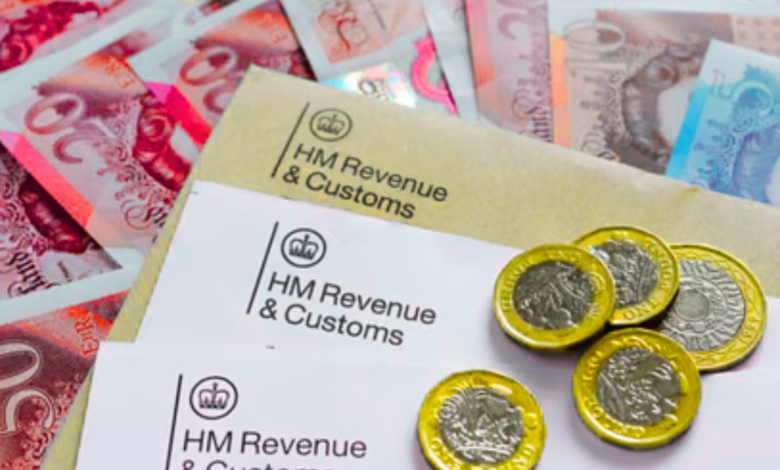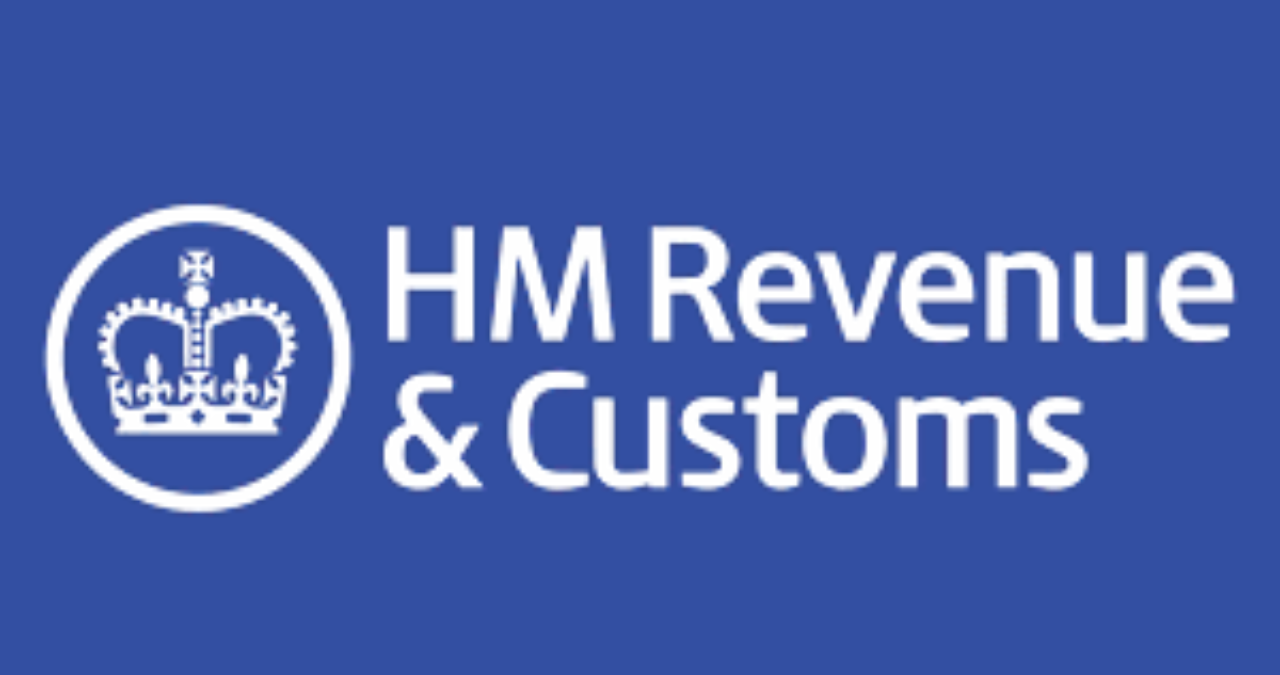
Understanding HMRC: A Complete Expert Guide
HMRC: When people in the UK talk about taxes, forms, or even unexpected brown envelopes landing on their doormat, chances are they’re referring to HMRC. The term might sound like a complicated government acronym, but at its core, this stands for Her Majesty’s Revenue and Customs. It’s the organization that ensures the UK tax system keeps ticking, while also overseeing national insurance, customs, and even child benefits.
For many, this is something you only think about during tax return season, but the truth is that this organization plays a far bigger role in daily life than most realize. Whether you’re employed, self-employed, or running a large company, this has a hand in making sure the money owed to the government is collected and the benefits to individuals are distributed fairly. It’s a system that can feel intimidating, but once you break it down, you’ll see it’s less about fear and more about structure.
What HMRC Actually Does
The easiest way to understand HMRC is to think of it as the UK’s financial referee. Its job is to make sure everyone is paying what they owe, while also ensuring support reaches the people who qualify for it. This means HMRC oversees a huge range of responsibilities: collecting income tax, national insurance, corporation tax, VAT, and customs duties. On the flip side, it also pays out tax credits, child benefits, and manages support schemes like those rolled out during the pandemic.
Beyond taxes and payments, HMRC also enforces compliance. This includes tackling tax fraud, chasing unpaid taxes, and dealing with businesses or individuals who deliberately try to dodge their obligations. In many ways, this is both the carrot and the stick it offers financial support and refunds, but it also has strong powers to enforce rules when necessary.
The History and Evolution of HMRC
The roots of HMRC stretch back centuries, long before the acronym became familiar. It was officially formed in 2005 when the Inland Revenue and HM Customs and Excise merged. The Inland Revenue had been responsible for taxes like income tax, while HM Customs and Excise dealt with duties on goods, imports, and alcohol. Bringing the two together created a single, streamlined body that could handle all aspects of taxation and customs.
This merger wasn’t just a bureaucratic shuffle; it was designed to make the tax system more efficient. Over time, HMRC has embraced digitalization, moving many of its services online, which has made tasks like submitting self-assessment tax returns or checking your tax code far easier. What was once a paperwork-heavy process now often takes just a few clicks. Still, the organization continues to evolve, adapting to new technologies, global trade rules, and even public expectations around transparency.
HMRC and Tax Collection
Perhaps the most obvious role of HMRC is tax collection. Every year, billions flow into the UK government through income tax, corporation tax, VAT, and duties. This money funds everything from hospitals to schools, roads, defense, and social services. Without HMRC, the machinery of government simply wouldn’t function.
For individuals, tax collection is usually straightforward if you’re employed. Your employer deducts tax through the PAYE (Pay As You Earn) system and passes it directly to HMRC. But for freelancers, business owners, or those with multiple income sources, the process often involves filing self-assessment tax returns. These returns are submitted to HMRC to calculate what you owe and ensure your payments are accurate.
National Insurance and HMRC
Alongside taxes, this manages national insurance contributions. These payments are essential because they build your entitlement to state benefits like the state pension, unemployment support, and certain maternity or sickness allowances. Many people don’t even realize that national insurance is handled by this , but it’s one of the organization’s core roles.
If you’re employed, your contributions are usually deducted automatically, much like income tax. If you’re self-employed, you’ll need to make sure you’re paying the right class of contributions through this systems. Keeping track of this might feel like a chore, but it’s worth it these contributions can directly affect your future financial security.
Digital Transformation of HMRC
One of the biggest shifts in recent years has been the push toward digitalization. HMRC has embraced a “Making Tax Digital” program designed to streamline how people and businesses interact with the tax system. Instead of paper records and forms, businesses are encouraged to use digital tools to keep records and submit tax returns.
This transformation has its critics, especially among small businesses worried about adapting to new software. However, the goal of HMRC is clear: reduce errors, increase efficiency, and make the tax process less painful. The move toward digital platforms means you can now log into your personal HMRC account online, check your tax code, update details, and even pay outstanding balances in just a few steps.
HMRC and Self-Employment
For self-employed workers, this plays an especially central role. Without an employer to handle PAYE deductions, freelancers and business owners must take charge of their own taxes. This includes registering with this , filing annual self-assessment tax returns, and paying any tax or national insurance due.
It might sound daunting, but this provides resources to guide people through the process. There are also penalties for missing deadlines or filing incorrect information, which highlights how serious the organization is about compliance. But on the positive side, self-employed individuals can also claim deductions for allowable expenses, making this both a tax collector and a system that recognizes business costs.

Compliance and Investigations
While most interactions with HMRC are routine, there are times when things get more serious. If HMRC suspects underpayment, fraud, or deliberate avoidance, it has strong investigative powers. This could range from reviewing accounts to carrying out full-scale audits.
Tax investigations from HMRC can be stressful, but they are part of the system’s checks and balances. The aim isn’t just to punish wrongdoing but also to ensure fairness making sure those who pay their taxes aren’t disadvantaged by those who try to avoid them. Over the years, HMRC has invested heavily in technology and data analysis, allowing it to spot unusual patterns that might indicate fraud or errors.
HMRC and Benefits Administration
Not everything about HMRC is about collecting money. The organization also manages several benefits and credits, including child benefits and tax credits. During times of economic difficulty, such as the pandemic, HMRC was central to rolling out support schemes that helped millions of people and businesses survive financially.
This dual role both collecting money and distributing support, shows the balancing act that HMRC must maintain. It’s not simply about ensuring the government has revenue; it’s also about supporting the public when they need it most. For many families, the benefits administered by this make a tangible difference in daily life.
How to Deal with HMRC
For most people, dealing with this isn’t an everyday task, but when it comes around, it’s important to be prepared. Keeping accurate records, filing returns on time, and understanding your responsibilities are the simplest ways to stay on the right side of the system. this provides plenty of guidance on its website, and if things feel overwhelming, accountants and tax advisors are always there to help.
Another important aspect is communication. If you’re struggling to pay a bill, ignoring it is never a good idea. HMRC often offers payment plans or support for those in financial difficulty. By being proactive, you can avoid penalties and make the process less stressful.
The Future of HMRC
Looking ahead, HMRC is set to continue its transformation. With technology driving new ways of working, the organization is expected to expand digital services even further. This could mean more real-time reporting of income, smarter data analysis, and continued efforts to close the tax gap the difference between what’s owed and what’s actually collected.
At the same time, this faces challenges. Globalization, digital currencies, and complex corporate structures make tax collection more complicated than ever. Ensuring fairness in such an environment is no easy task, but HMRC is adapting, and it remains central to the UK’s financial system.







